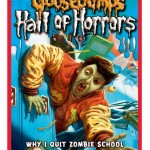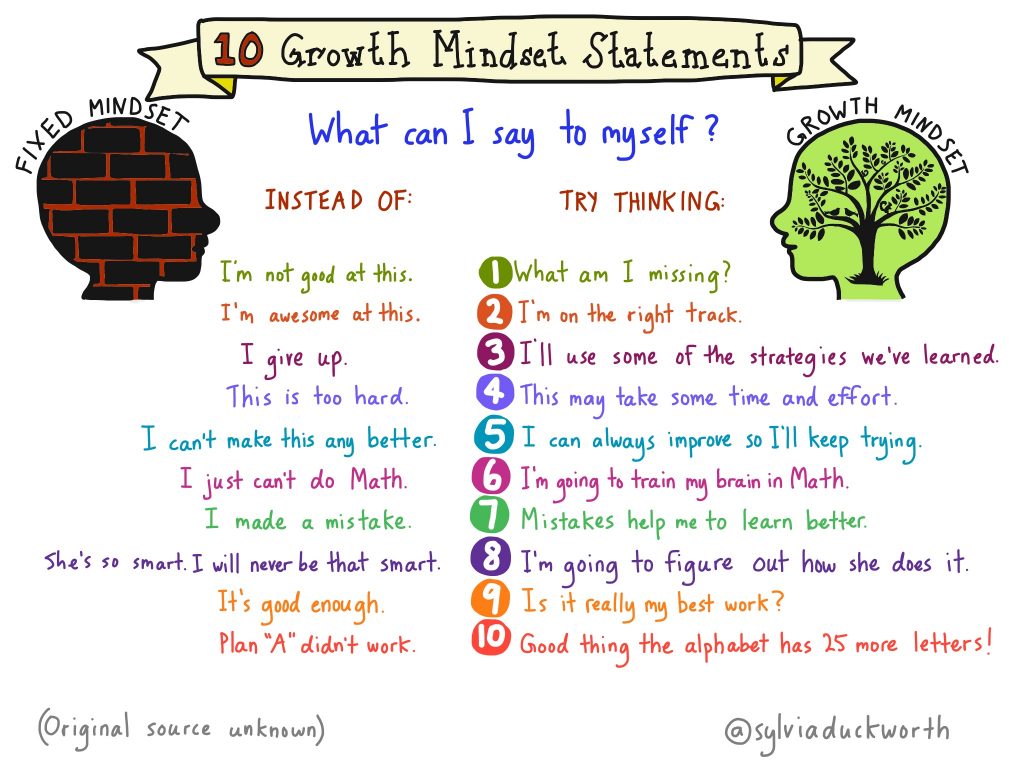My son will be 16 soon and reads about a 3rd grade level. I’m going to try teaching him myself starting with BLENDING. What else do I need?
You need books that interest your son. Your son is an almost-adult. You must start reading with him every day. And you cannot force him, you must find books that he WANTS to read.
Your son is far behind in every academic subject, especially reading, writing, and maths. Community Colleges have placement tests, so he needs to gain at least grade-9 English and Maths, and quickly. You might think that studying his textbooks would be a good way to practice reading and learn the curriculum. DON’T DO IT. Find books that he WANTS to read.
 You can ask him what he wants to read, but he will have no idea.
You can ask him what he wants to read, but he will have no idea.
You will need a set of progressively challenging books. With older boys, I like to start with the Jack Stalwart grade-2 chapter books. They are about 80 pages each, employ a rich vocabulary, and the reader cannot guess the story from the pictures. Then I switch to a few titles in the well-written Goosebumps “Hall of Horror” series, with grade-3 level text – even you will enjoy them. Hardy Boys next at  grade-4 level (the ‘Undercover Brothers’, not the horrible new series).
grade-4 level (the ‘Undercover Brothers’, not the horrible new series).
Then it’s time for real literature, books with depth and nuance. I love the ‘City of Ember’ series (grade-5), and the Community Reading website has a comprehension guide to help you navigate the first book. And then something at his grade level – perhaps the superb  “Ender’s Game”, which I still remember reading in university. He will not put it down.
“Ender’s Game”, which I still remember reading in university. He will not put it down.
This sounds like a lot, but it will only take 5-6 months of two-hours-a-day reading practice to get to the end of it. Start with just an hour, move to two hours after the first month by adding phonics exercises, writing drills, and Repeated Reading drills. And you need (and  deserve) a 20-minute break in that two-hour schedule.
deserve) a 20-minute break in that two-hour schedule.
At the start you will read to him, with your finger pointing as you read. Ask him to help you by reading the occasional 3-letter words that he has seen in BLENDING. Stop every few minutes and ask a question about the story – ideally requiring an inference and that cannot be answered from the text (for example, “What would you have said if you were that other guy?”).
Soon he will read the first line of every page, then the first paragraph of every page. Re-read what he has read so that he can stay in the story, his comprehension will be low even as he gets the words right.
Eventually you will sit and read your book, and he will sit and read his. Your job is to model good reading habits, to serve as his dictionary, to let him impress you, and to make sure he doesn’t flip to Facebook.
You need a routine and a quiet place to work. Learning is work, and you need to build a routine for doing that work EVERY DAY. Make time for it. It can’t be after football practice, you need the best hours of his day. And try not to have an artificial deadline. Out the door by 5:30 for hockey…? Sorry, nothing is more important than reading.
Find a quiet place, with no interruptions. Lock the family pet in another room, tell the siblings that it’s “emergencies only”. Turn off your phones and put them out of sight (except for break time). Comfortable chairs. Plan for some physical activity during break, perhaps walk around the block or throw some hoops. Provision some healthy snacks.
Build good habits. You are not just teaching reading, but also the skills of learning and self-regulation. Once he reads at grade level, he will need to start catching up on math, science, history, civics, and all the other foundations that he needs for college.
There will be thrilling good days and brutal bad days, both of you have to approach each day as a fresh start. It’s OK to stop the day’s work early if things are going badly, but not OK to get into the habit of sabotage in order to shut down.
I tell my students that if their brain clouds and they can’t focus anymore, simply say so and take 10 minutes to chill with a video game. You have to identify when your son is fried, and no further learning is possible. There’s no benefit to pushing beyond that.
Fill the house with compelling reading materials. Perhaps subscribe to a daily newspaper, especially one with a goods sports section.
You need to teach the ‘Growth Mindset’. As a starting point, click on the image below to check out a short video.
 The Growth Mindset is usually shortened to “Always praise your child for working hard, but never for being smart”, and the video explains why. A child who is told “You did amazing, you are SO SMART” will try to avoid taking on harder tasks where he might fail and not appear so smart. A child who is told “You did amazing, you WORK SO HARD” will look for tasks where he can demonstrate his hard work.
The Growth Mindset is usually shortened to “Always praise your child for working hard, but never for being smart”, and the video explains why. A child who is told “You did amazing, you are SO SMART” will try to avoid taking on harder tasks where he might fail and not appear so smart. A child who is told “You did amazing, you WORK SO HARD” will look for tasks where he can demonstrate his hard work.
But there’s more to it. The Growth Mindset also affirms that making mistakes is a GOOD thing, mistakes illuminate the boundaries of what you know and gives you feedback on what you mut still learn. If you aren’t making mistakes then you aren’t learning.
The Growth Mindset reminds us that anyone who is ‘good’ at something has worked hard to become good, and gives your child a path to getting better – the hard work of mindful practice.
The Growth Mindset tells us that the goal of study and practice is to get BETTER. We might not immediately become excellent, but we will become better tomorrow than today. We all want to be the rabbit in the Tortoise and the Hare, with natural skills and effortless speed. But real life Tortoises win every single race, every time.
 Mindset is going to be a challenge. Your son may not believe that he can succeed, or that hard work pays off. It certainly hasn’t until now.
Mindset is going to be a challenge. Your son may not believe that he can succeed, or that hard work pays off. It certainly hasn’t until now.
You need to both have fun reading together. This is going to be a long voyage. It’s a marathon, not a sprint. So don’t get stressed, and certainly don’t ever show any stress to your son.
 “Yes.” you sputter. “But this is an emergency. His whole life trajectory depends on college placements which are only months away.” Yes it does, yes they are, but there is no alternative to working slowly and methodically. There is no doctor in a white lab coat with a magic pill and instant reading.
“Yes.” you sputter. “But this is an emergency. His whole life trajectory depends on college placements which are only months away.” Yes it does, yes they are, but there is no alternative to working slowly and methodically. There is no doctor in a white lab coat with a magic pill and instant reading.
It’s you and your son working together intensively for two-hundred-plus hours, so might as well have fun. Relax. Accept. Fail and start again.
There is nothing more fun than the hard-earned success you will soon share together.



Leave a Reply